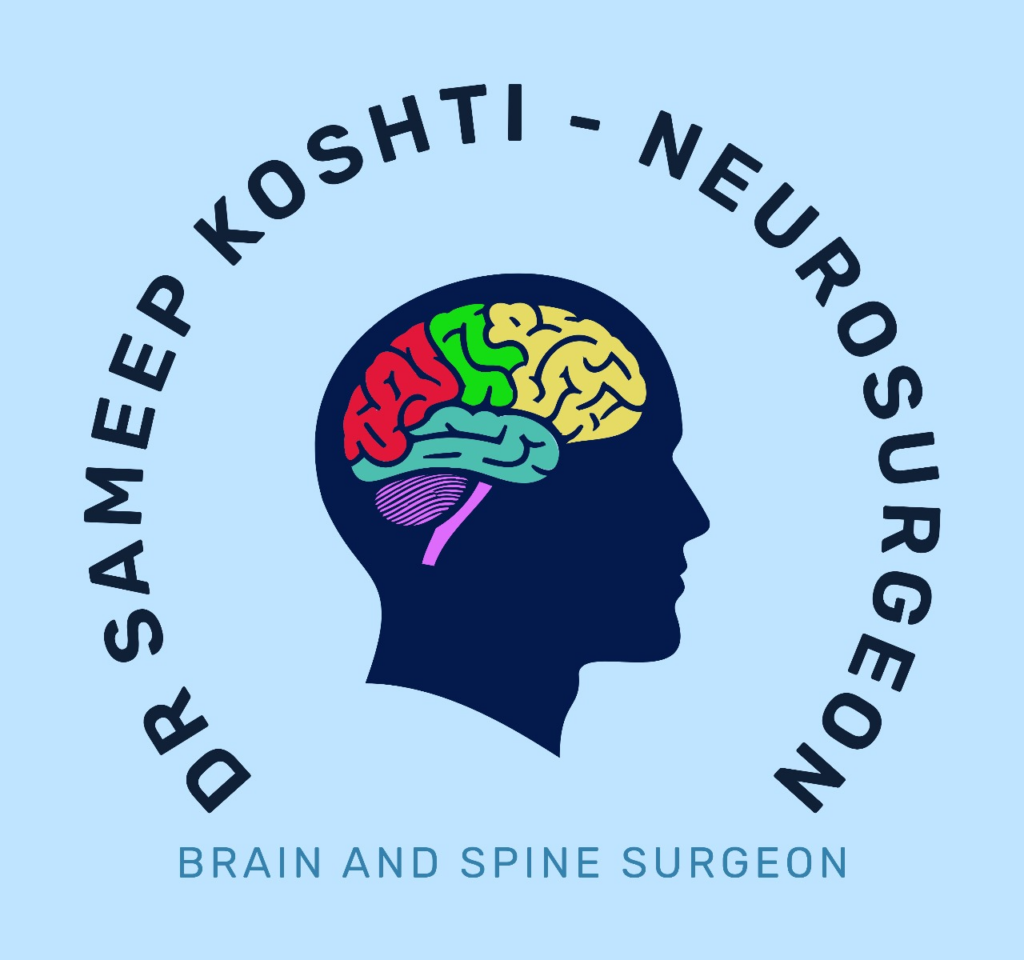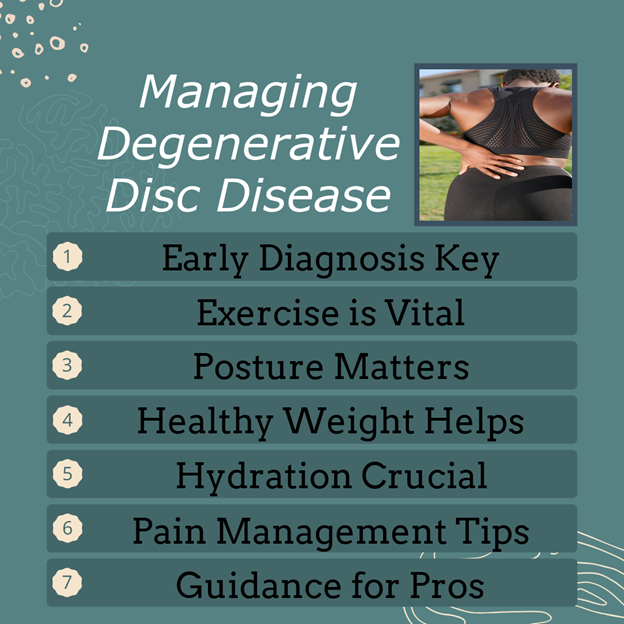Degenerative Disc Disease (DDD) isn’t really a disease. It’s more about how our spinal discs naturally wear down as we age. Imagine these discs are like cushions between the bones in your spine. Over time, they can lose their flexibility and strength, just like a favorite old mattress begins to sag. Understanding Degenerative Disc Disease is crucial because it affects your long-term health and quality of life. People often ignore back pain until it’s severe. Knowing about DDD early on helps manage symptoms effectively, ensuring you can live a full and active life.
Understanding Degenerative Disc Disease
Spinal discs support your back and neck, working as mini shock absorbers for your spine. Degenerative Disc Disease describes the gradual breakdown of these discs. It’s not something you catch or inherit outright. Its impacts vary across different age groups. Younger people might experience mild symptoms, while older folks could find daily routines more challenging. Early intervention is vital, especially for older adults. Catching the signs early can prevent DDD from limiting your daily activities or causing severe discomfort.
Causes, Symptoms, and Risk Factors
So, what leads to Degenerative Disc Disease? Aging is a natural cause, as our discs naturally lose water content, making them less efficient as cushions. Repeated movements or getting injuries can speed this up. Some common symptoms include: – Chronic back or neck pain – Stiffness or reduced flexibility – Possible numbness or tingling in arms and legs
Knowing risk factors helps too: – Getting older – Family history – Physically demanding jobs – Unhealthy lifestyle choices, like smoking or lack of exercise
Degenerative Disc Disease progresses in stages. Early discomfort might advance to more severe stages, risking complications like spinal stenosis, which narrows the spinal canal and can be quite painful.
Diagnosing and Managing DDD in India
How do doctors figure out if you have Degenerative Disc Disease? They start with your medical history and a physical exam. Imaging tests like MRIs and CT scans give a clearer picture of what’s happening inside your spine. In India, the healthcare system is continuously advancing with new diagnostic tools, making it easier to catch DDD early.
Treatment Options and Lifestyle Modifications
Non-surgical treatments are often preferred for Degenerative Disc Disease:
– Physical therapy helps restore strength and mobility.
– Adjusting your workstation or home setup can relieve pain.
– Pain management strategies provide added comfort.
Lifestyle changes make a difference too:
– Regular exercise keeps your back strong.
– Eating nutritious foods supports overall health.
– Quitting smoking improves disc health and circulation.
Sometimes surgery might be necessary, but it should be the last resort.
Coping with DDD and Maintaining Mental Health
Chronic pain from Degenerative Disc Disease can take a toll on mental health.
It’s easy to feel stressed or down when mobility is limited.
To help cope:
- Practice relaxation techniques like deep breathing or meditation.
- Stay socially connected, reaching out to friends or support groups.
- Don’t hesitate to seek mental health support when needed.
Taking care of your mental health is just as important as physical treatments. With the right strategies, managing life with DDD becomes more bearable, making way for a more balanced and fulfilling life.

